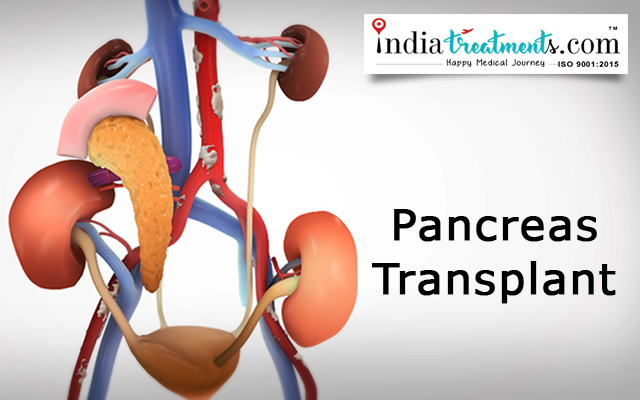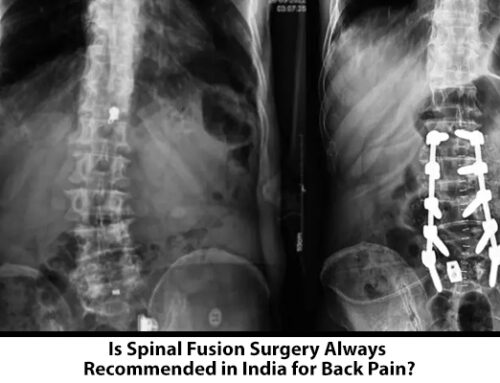When it needs to replace a pancreas, which is not working properly, with a healthy pancreas from a deceased donor, the surgeon carries out a pancreas transplant surgery. The location of the pancreas is behind the lower part of your stomach. Insulin production is a major function of your pancreas. Insulin is a hormone that helps in regulating the absorption of sugar (glucose) into your cells. Your blood sugar can rise to dangerous levels if your pancreas fails to produce enough insulin. Type 1 diabetes can develop due to this. In order to treat type 1 diabetes, most pancreas transplants take place. However, there can be significant side effects of a pancreas transplant. For this reason, the doctor suggests this procedure only for those who have serious complications of diabetes. Besides these, pancreas transplant also proves beneficial for the treatment of type 2 diabetes, pancreatic cancer and bile duct cancer. If the kidneys of a person have been damaged by diabetes, a pancreas transplant is often done along with a kidney transplant. The medical tourism companies in Kolkata give the necessary support to foreign patients.
Types of Pancreas Transplant
Pancreas transplant alone. The eligible candidates for a pancreas transplant alone (solitary pancreas transplant) are people with diabetes and early or no kidney disease. The replacement of a pancreas that is not functioning properly with a healthy pancreas is the purpose of a pancreas transplant surgery.
Combined kidney-pancreas transplant. The people with diabetes who have or are at risk of kidney failure are the preferred candidates for combined (simultaneous) kidney-pancreas transplants.
Pancreas-after-kidney transplant. If a living or deceased donor kidney becomes available, the doctor suggests a kidney transplant if one has to wait for both a donor kidney and a donor pancreas to become available. The doctor will carry out a pancreas transplant after your recovery from kidney transplant surgery and when a donor pancreas becomes available.
Pancreatic islet cell transplant. The surgeon takes insulin-producing cells (islet cells) from the deceased donor and injects them into a vein carrying blood to your lever during pancreatic islet cell transplantation. There can be a need for multiple transactions.
Preparations
You have to contact a transplant centre when the doctor confirms the necessity of a pancreas transplant for you. While choosing a transplant centre you should keep some important points in your mind. You need to know the number of surgeries that took place in the centre, the success rates and other facilities that the centre provides. As the pancreas transplant is comparatively less costly in India than the developed countries, many foreign patients come to India for this surgery. They often feel confused about which transplant centre to choose. The medical tourism agencies in India prove to be of great help regarding this matter.
The procedure
After all the necessary preparations and you go into sleep, the surgeon will carry out the pancreas transplant. He/she will make an incision down the centre of your abdomen. The new pancreas and a smaller portion of the donor’s small intestine are being placed into the lower abdomen. The surgeon attaches the donor intestine to your small intestine. The connection of the donor pancreas is done with the blood vessels that supply blood to your legs. In order for help in digestion, your pancreas will be left in the same place. The surgeon will attach the blood vessels of the new kidney to the blood vessels in your lower abdomen if there is a kidney transplant. He/she will connect the new kidney’s ureter to your bladder. The duration of the pancreas transplant surgery is normally from three to six hours.






